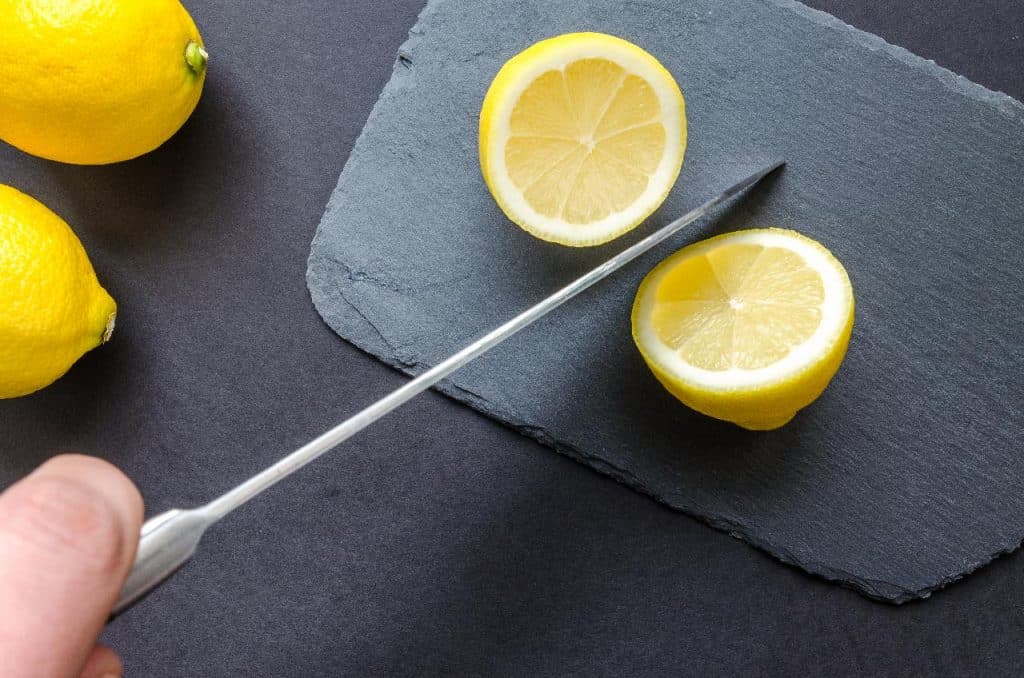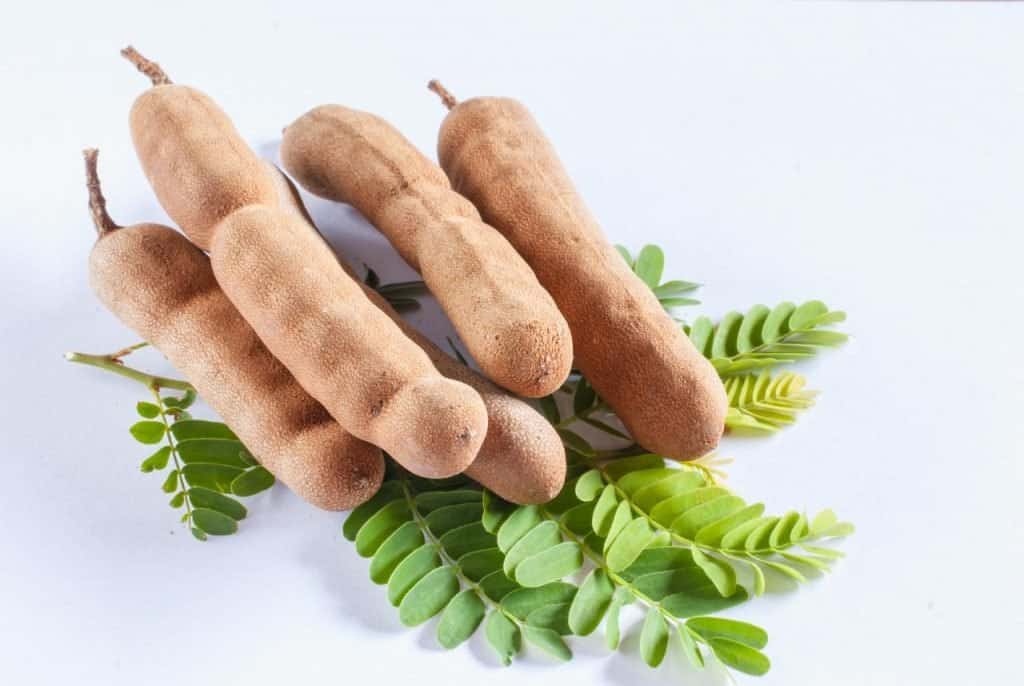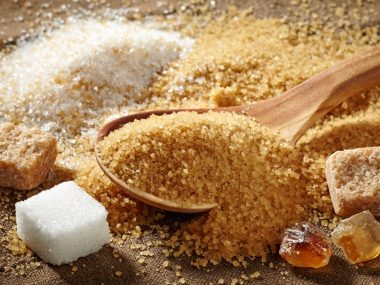Even if you like to use vinegar for cooking, coconut vinegar might be a type of vinegar you are not so familiar with. It is less popular than other kinds of vinegar like apple cider vinegar or balsamic vinegar but it has similar benefits.
Coconut vinegar is a cloudy white vinegar derived from the naturally fermented sap of coconut blossoms. It is rich in probiotics and vitamins that feed without spiking blood sugar levels. This product also supports fat burning and protects against aging.
It has a sweeter, milder, and less acidic taste. You can find it mostly in Asian dishes. However, if you don’t want to use it or can’t find it in your area, there are plenty of options to replace it.
You can use apple cider vinegar, white vinegar, balsamic vinegar, rice vinegar, lemon juice, wine, malt vinegar, or even tamarind paste as a substitute. In this article, you can find some more detailed information about these alternatives.
Coconut Vinegar Substitutes
There can be many reasons you might want to replace coconut vinegar with something else. You don’t like its taste, you have a histamine reaction or you just can’t find it in the store. Whatever is your reason, this list will provide you some great coconut vinegar substitutes.
1. Apple cider vinegar
Apple cider vinegar is made from fermented apples. You can easily find it everywhere and normally it is very inexpensive.
As a coconut vinegar substitute, it works well in chutneys, hearty stews, and marinades. You can also use it to make pickles if you don’t mind that it will darken light-colored fruits and vegetables. For best results choose apple cider vinegar that has a 5% acidity level.
2. White vinegar
White vinegar also called distilled vinegar, is the cheapest vinegar you can find in stores. It is not only used in the kitchen but also for cleaning.
However, if you want to substitute coconut vinegar with white vinegar, be careful. White vinegar is very harsh as it is distilled from ethyl alcohol. It means it is better to use a bit less than coconut vinegar.
3. Malt vinegar
Malt vinegar is made from malted barley and has a pungent, lemony flavor. It has 2 types including brown malt vinegar and distilled malt vinegar.
If you use it as a coconut vinegar substitute it is better to choose the distilled one. Malt vinegar is a good choice for pickling, making chutney. But it can also be used as a condiment for fish and chips.
4. Balsamic vinegar
Balsamic vinegar is most popular in Italy and it has a sweet, fruity flavor and mild acidity. The cheaper version of it – that you can find in most supermarkets – is normally watered down with wine vinegar and artificially colored. But it is still a good substitute for coconut vinegar.
It is a good alternative for risotto and grilled meat. You can use it as a salad dressing too. You can put a bit more as you would from coconut vinegar because it is less strong.
5. Rice vinegar
Rice vinegar is from Asia and it has a sweet, mild, and less acidic taste. It is also called rice wine vinegar, although it is made from rice, not rice wine.
In stores, you can find white rice vinegar, red rice vinegar, and black rice vinegar. The best choice is the white one. Instead of coconut vinegar, you can use the same amount of white rice vinegar in sweet and sour dishes, stir-fries, and dipping sauces.
6. Lemon juice
The easiest way to substitute coconut vinegar is to use another type of vinegar instead. However, what if you don’t like the taste of vinegar or your body doesn’t react well to fermented food? In this case, using lemon juice could be a great option for you.
You can use it mainly for baking. If you use baking soda, you have to add something acidic for it to work. Most recipes recommend using vinegar, but you can use lemon juice instead.
It is less strong than vinegar so you have to use more of it for the same result. If you need ¼ cup of coconut vinegar, replace it with 1/3 cup of lemon juice.
7. Wine
There are some dishes where you can use wine instead of coconut vinegar. Some one-bowl cooked dishes require adding some coconut vinegar in the beginning.
If you don’t have it in hand, you can just leave it out, or add some wine instead. You won’t get the same result. However, wine can also give an extra flavor to your meal.
It is also a good replacement for sauces. Use fortified wine if you can, but regular wine will work too.
8. Tamarind paste
Just like wine, tamarind paste will give your dish a special taste. It is made of a sour, dark, sticky fruit that grows in a pod on a tamarind tree.
You can add it to your cooked dishes, but the best is to use it for sauces. However, tamarind paste has a unique taste, so if you want your dish to taste just like it would with coconut vinegar, it is better to choose another alternative.
Related Questions
Is white vinegar and coconut vinegar the same?
No, they aren’t. They look very similar, but white vinegar has a stronger flavor. However, you can exchange them in many recipes.
How do you make coconut vinegar?
To make coconut vinegar you will need some coconut water, sugar, and vinegar mother. You have to heat the coconut water and dissolve the sugar in it.
Then place the liquid out of sunshine. Once it turned to alcohol you can add the vinegar mother and put it out of sunlight again for 1-3 months.
Can you drink coconut vinegar?
Yes, you can. Mix 1 tablespoon of coconut vinegar with 8 ounces of water and enjoy it warm or cold.









